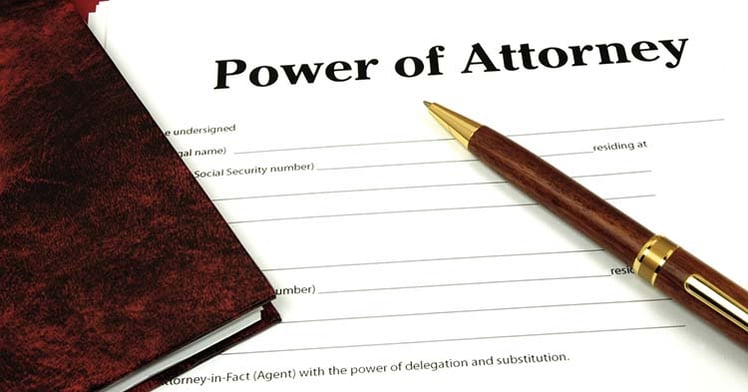
Anyone involved with estate planning will, at some point, run into questions concerning the Power of Attorney. This is important; it ensures that decisions and tasks end up in the hands of a trusted advisor, rather than the courts.
But there are times in which the designated advisor might not act in the best interests of the person who authorized and signed the POA. In this case, it’s important to know who can override a power of attorney. Just as important is how this is accomplished.
Reason for the POA
Before talking about overriding a power of attorney, it’s essential to understand what it is and how it operates.
A POA is the legal “okay” that gives one or more people the power to act on behalf of another person. Specifically, two parties are involved with a legitimate POA:
- Principal. The individual or entity that authorizes the POA, and designates an agent to act on their behalf.
- Agent. Sometimes known as “attorney-in-fact,” the agent is the designated individual or entity that is legally authorized to act on behalf of the principal.
While POAs differ by state, there are generally two types:
General Power of Attorney (GPOA)
A sound-in-mind principal will authorize a GPOA, while designating an agent to advise and guide. In this case, however, the principal makes the final decisions.
GPOAs are often for assistance with:
- Buying assets or insurance policies
- Managing real estate transactions
- Business operations
- Gifting from trusts
- Settling financial or legal claims
Durable Power of Attorney (DPOA)
When a principal is mentally incapacitated, the DPOA comes into effect; the document remains valid until the principal dies. In this case, the agent has the legal authority to:
- Sign documents
- Advise on healthcare decisions
- Make financial choices
Overriding the POA
Moving on, the next issue is whether – and how – a POA can be overridden. This depends on the type of power of attorney that is in force. Specifically, a GPOA is typically revoked or amended by the principal, while the DPOA requires a court process to be overridden or contested.
Revocation/Amending
A General Power of Attorney assumes a mentally competent principal. So the principal has the power and responsibility to change the agent or terminate the relationship.
The principal can revoke or amend the GPOA in one of two ways:
- Writing “revoked” on the legal POA, and adding a date and signature
- Completing an official Revocation of Power of Attorney form
Once completed, revocation documents must be sent to all parties and agencies involved with the GPOA.
Overriding/Contesting
The issue of overriding is more complex when it comes to the Durable Power of Attorney. A mentally incompetent principal means that, more often than not, the courts become involved. This might require the following steps:
- Understand state law to determine if there are grounds for challenging the DPOA’s validity
- Document abuses by, or complaints against, the agent
- File a petition to the state court with jurisdiction over the principal’s residence
- Submit a discovery request to the agent’s attorney
- Subpoena witnesses, if needed
- Attend court and receive the ruling
It’s up to the court to issue the order revoking or overriding a DPOA. But heading down this road requires time and legal resources.
Call in the Experts
Because Power of Attorneys are legal documents, revoking or overriding them requires more than tearing them up or ignoring them. If this move is necessary, it’s essential to ask attorneys who are well versed in estate and/or family law for assistance. Hiring experts in this case is essential to ensure that the right steps are followed.
This material is for general information and educational purposes only. Information is based on data gathered from what we believe are reliable sources. It is not guaranteed as to accuracy, does not purport to be complete and is not intended to be used as a primary basis for investment decisions. It should also not be construed as advice, meeting the particular investment needs of any investor. Realized does not provide tax or legal advice. This material is not a substitute for seeking the advice of a qualified professional for your individual situation.



